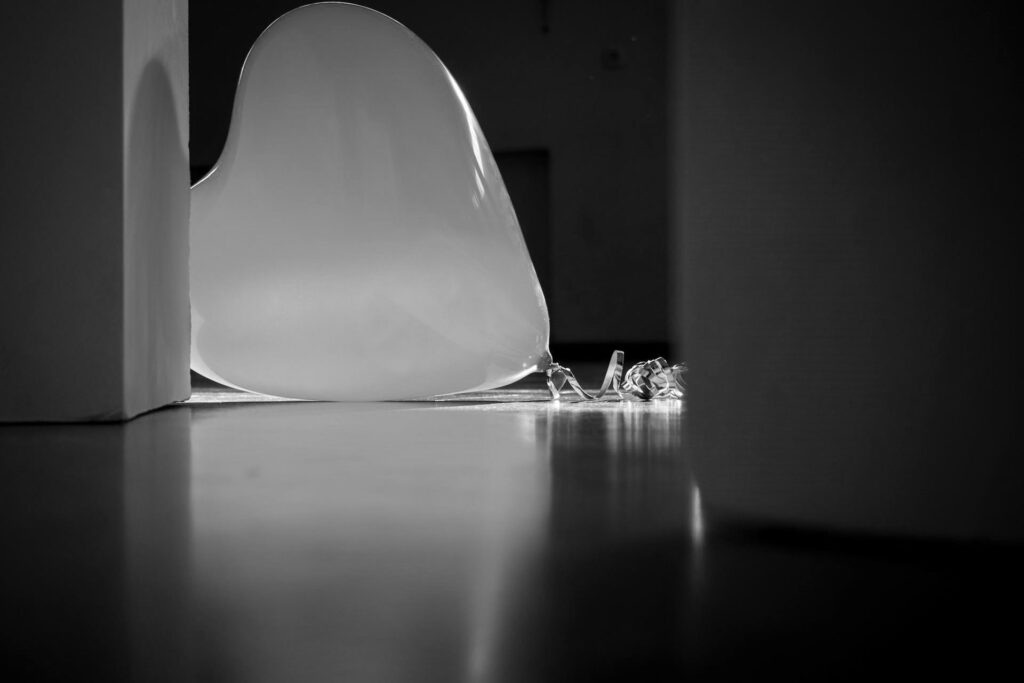Love is often portrayed as a harmonious symphony where both partners are equally invested, but the reality can be far more nuanced. In many relationships, there exists a delicate imbalance where one partner loves the other more intensely. While this dynamic can bring moments of profound connection, it also harbors its own set of challenges and complexities. Delving into the pros and cons of loving your partner more than they love you unveils the intricate layers of such relationships.
Pros:
Deep Emotional Investment: Loving your partner more can lead to a profound emotional investment. Your feelings may be intense and all-encompassing, fostering a sense of commitment and dedication to the relationship.
Heightened Appreciation: When you love someone deeply, you tend to notice and appreciate even the smallest gestures from them. This heightened awareness can enrich your relationship, fostering gratitude and a sense of fulfillment.
Selflessness and Sacrifice: Loving someone more can instill a sense of selflessness, where you prioritize your partner’s happiness above your own. This willingness to sacrifice for their well-being can strengthen the bond between you and demonstrate the depth of your love.
Sense of Purpose: For some individuals, loving their partner more provides a sense of purpose and direction in life. The relationship becomes a driving force, motivating them to become better versions of themselves and to strive for mutual growth and happiness.
Opportunity for Growth: Navigating the complexities of unbalanced love can be a journey of self-discovery and personal growth. It may compel you to confront your vulnerabilities, communicate more effectively, and develop resilience in the face of challenges.
Cons:
Vulnerability to Hurt: Loving someone more exposes you to a heightened risk of emotional pain. The fear of rejection or abandonment can cast a shadow over the relationship, leading to insecurity and anxiety about the future.
Power Imbalance: A disparity in love can create a power imbalance within the relationship, where the partner who loves less holds more control. This can lead to feelings of frustration, resentment, and a lack of fulfillment for the partner who loves more.
Unreciprocated Expectations: Expecting the same level of love and commitment from your partner can lead to disappointment and disillusionment if they are unable to reciprocate. This mismatch in expectations can breed resentment and erode the foundation of trust and intimacy.
Emotional Exhaustion: Constantly investing more love and effort into the relationship without reciprocity can be emotionally draining. The burden of carrying the relationship can lead to feelings of exhaustion, burnout, and a sense of being unappreciated.
Stifled Growth: Being deeply invested in loving your partner more may inadvertently hinder your personal growth and independence. It’s essential to strike a balance between nurturing the relationship and fostering your individual aspirations and self-care.
Navigating the Complexity:
Despite the inherent challenges, navigating a relationship where one partner loves more than the other is not necessarily doomed to failure. Communication, understanding, and mutual respect are crucial in bridging the gap and fostering a healthier dynamic.
Open Dialogue: Honest and open communication is essential in addressing the disparity in love and understanding each other’s needs and concerns. Discussing your feelings openly can help bridge the gap and foster a deeper connection.
Setting Boundaries: Establishing clear boundaries is vital in maintaining a sense of self-worth and preventing the imbalance from becoming detrimental to your well-being. It’s essential to prioritize your own emotional health and set limits on what you’re willing to tolerate in the relationship.
Fostering Independence: While it’s natural to prioritize your partner’s happiness, it’s equally important to nurture your own interests, goals, and friendships outside the relationship. Cultivating a sense of independence can help mitigate the risk of losing yourself in the process of loving someone else.
Seeking Support: Don’t hesitate to seek support from trusted friends, family members, or a therapist if you’re struggling with the complexities of unbalanced love. Having a support system can provide valuable perspective, guidance, and emotional validation.
Reevaluating Priorities: Periodically reassessing your priorities and evaluating the health of the relationship is essential in ensuring that both partners feel valued and fulfilled. Sometimes, acknowledging that the relationship may not be meeting your needs is necessary for your long-term happiness and well-being.
In essence, loving your partner more than they love you is a complex and multifaceted experience that can bring both joy and sorrow. While it offers the opportunity for profound emotional connection and personal growth, it also presents challenges such as vulnerability, power imbalances, and unreciprocated expectations. Navigating the complexities of unbalanced love requires patience, understanding, and a willingness to communicate openly and honestly. Ultimately, it’s essential to prioritize your own emotional well-being and strive for a relationship dynamic that is built on mutual respect, reciprocity, and genuine love.
Florent Raimy – Founder of Edwige International

